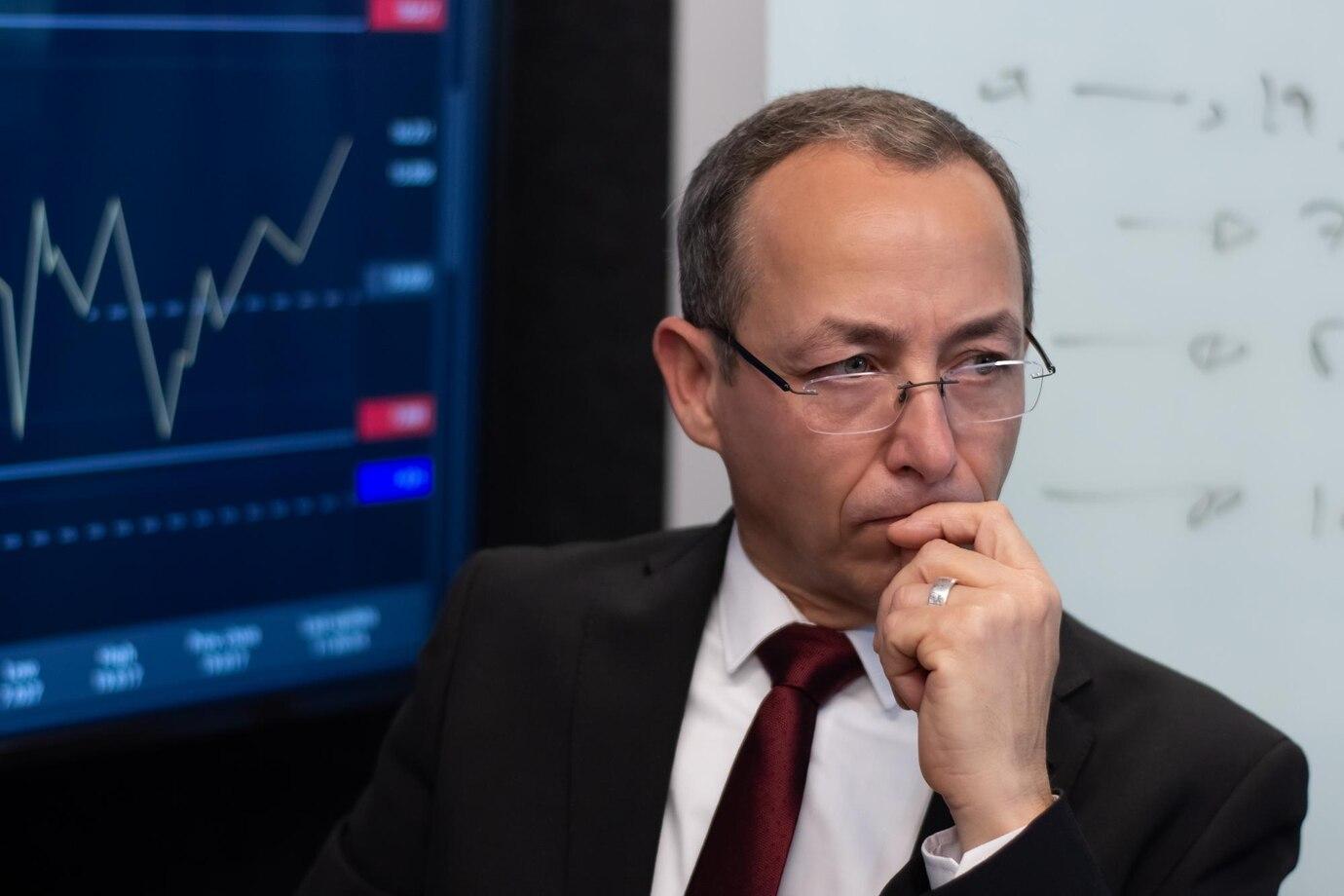Fake financial advisors: how not to fall into the trap
In today's world, financial markets attract many investors seeking to increase their income. However, as interest in investments grows, so does the number of fraudsters who want to deceive gullible citizens. Fake financial advisors, counterfeit investment advisors, and pseudo-analysts pose a serious threat to personal finances. Today, we will figure out how to recognize them and avoid the traps set by such scammers.
Dangers of financial fraud
Financial fraud is a crime involving deceiving people for the purpose of gaining profit. Audiences at risk usually include those who are not well-informed about financial instruments, aspects of the investment process, and the workings of financial markets. It is estimated that global financial fraud losses reach hundreds of millions of dollars annually.
More and more people, especially in times of economic uncertainty, seek help from financial advisors. Unfortunately, not all advisors are conscientious. Fake investment advisors and phony financial experts are ready to exploit the greed, ignorance, and fear of their victims to get their money.

How do scammers operate?
They resort to various schemes and tricks to deceive. Scammers may use dazzling presentations to create an appearance of professionalism and confidence. They often simply mimic experienced specialists, using fake cases of successful investments and positive reviews from fictitious clients.
Mathematical pocket calculators, financial models, and terminology can impress an unprepared person. Some of them may offer unique investment opportunities that "can only be obtained through them." But in reality, this is just a carefully planned scheme to deceive.

Signs of fake financial experts
Unrealistic promises
One of the main signs of fraud is an offer that is too attractive. If an advisor promises you a guaranteed return significantly above market levels, you should be wary. Anything that promises returns above 10-15% without significant risks can be suspicious. Accordingly, the higher the potential profit, the higher the risk.
Lack of license and certifications
True financial experts must have appropriate licenses and certifications. In every country, regulatory bodies control the activities of financial advisors. If an advisor lacks the necessary documents or is unwilling to show them, this should be a red flag.
Transparency issues
A fair expert is always ready to answer your questions about investment methods and strategies. If an advisor avoids providing information or cannot explain how their investment strategies work, this may indicate inconsistency.

How to avoid scammers' traps?
Verify information
Before deciding to collaborate with a financial advisor, be sure to conduct thorough research. Check for licenses and certifications, read reviews about the work of this advisor or company. If someone offers you their services, don't forget to inquire about their reputation.
Be cautious with unfamiliar offers
Spam and advertising received through email or social media are major channels for scammers. If you receive an unsolicited offer, especially with unheard-of or perfect investment opportunities, exercise caution. Remember, if something sounds too good to be true, it probably is.
Recognize communication tricks
Scammers may actively try to persuade you. If you feel pressure or persistent claims that you need to quickly invest money, this could be a signal to be cautious. Genuine experts will not rush their clients, understanding that investment decisions should be made thoughtfully and carefully.

What to do if you become a victim of scammers?
If you become a victim of financial fraud, you should immediately contact law enforcement and other authorized organizations. Gather all documents and evidence that could help in investigating your case. The sooner you report the fraud, the higher the chance of recovering your funds.
There are organizations and services that deal with such cases. You should definitely report your case so that others don't fall into a similar trap. Your information can help prevent further crimes.
Financial scammers increasingly use various schemes to deceive uninformed investors. Fake financial advisors profit at the expense of trusting citizens, promising them gains and returns without risk. It's important to be vigilant and conduct your own research before trusting anyone. Openness, transparency, and the absence of unrealistic promises are key criteria that will help you choose a genuine specialist. Remember, caution and awareness are the best ways to protect your savings from scams.
